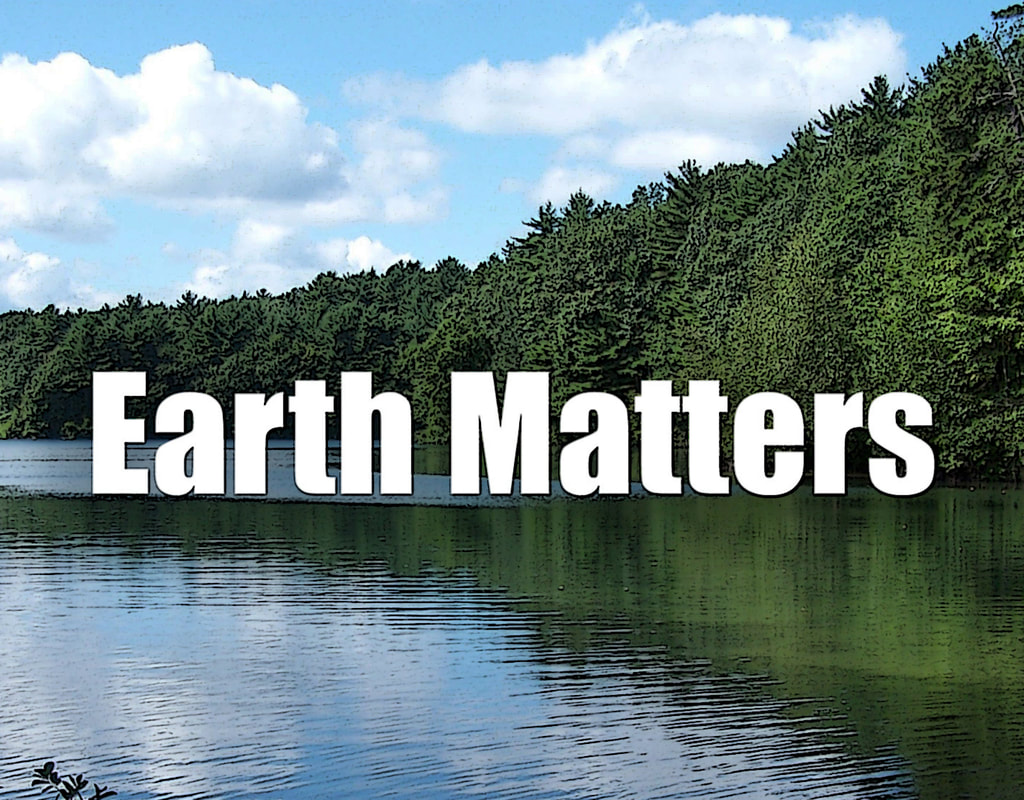|
Plastics have been both a blessing and a curse. Practically nonexistent a century ago, plastics are now part of a large number of man-made items, devices and packages. And while its durability and versatility are great assets, they are also notable liabilities. The very thing that makes plastic attractive for so many uses, its indestructibility under normal usage, is also the thing that makes it an environmental nightmare. Plastics simply do not go away.
At first glance, an outright ban of all plastics might seem like a good idea, but there are a dozen reasons why that is simply not feasible. Among them, plastics have some very good qualities and doing away with them would be akin to throwing the baby out with the bathwater. Like many man-made objects and inventions, we would be better served, though, if we recognized and addressed the shortcomings of plastics.
0 Comments
Your comment will be posted after it is approved.
Leave a Reply. |
Waste and Recycling
Recycle 50% or More
Illegal Dumping in Pennsylvania Recycle Everywhere Breaking Bad Habits Environmental Scrooges The Curse of Plastic Other Categories |
|
All Original Material - Copyright © - All rights reserved. No part of this site may be used without written consent. Email John with questions.
Site Powered by Weebly. Managed by Brush Mountain Media LLC. |
© COPYRIGHT
2010-2023. |

